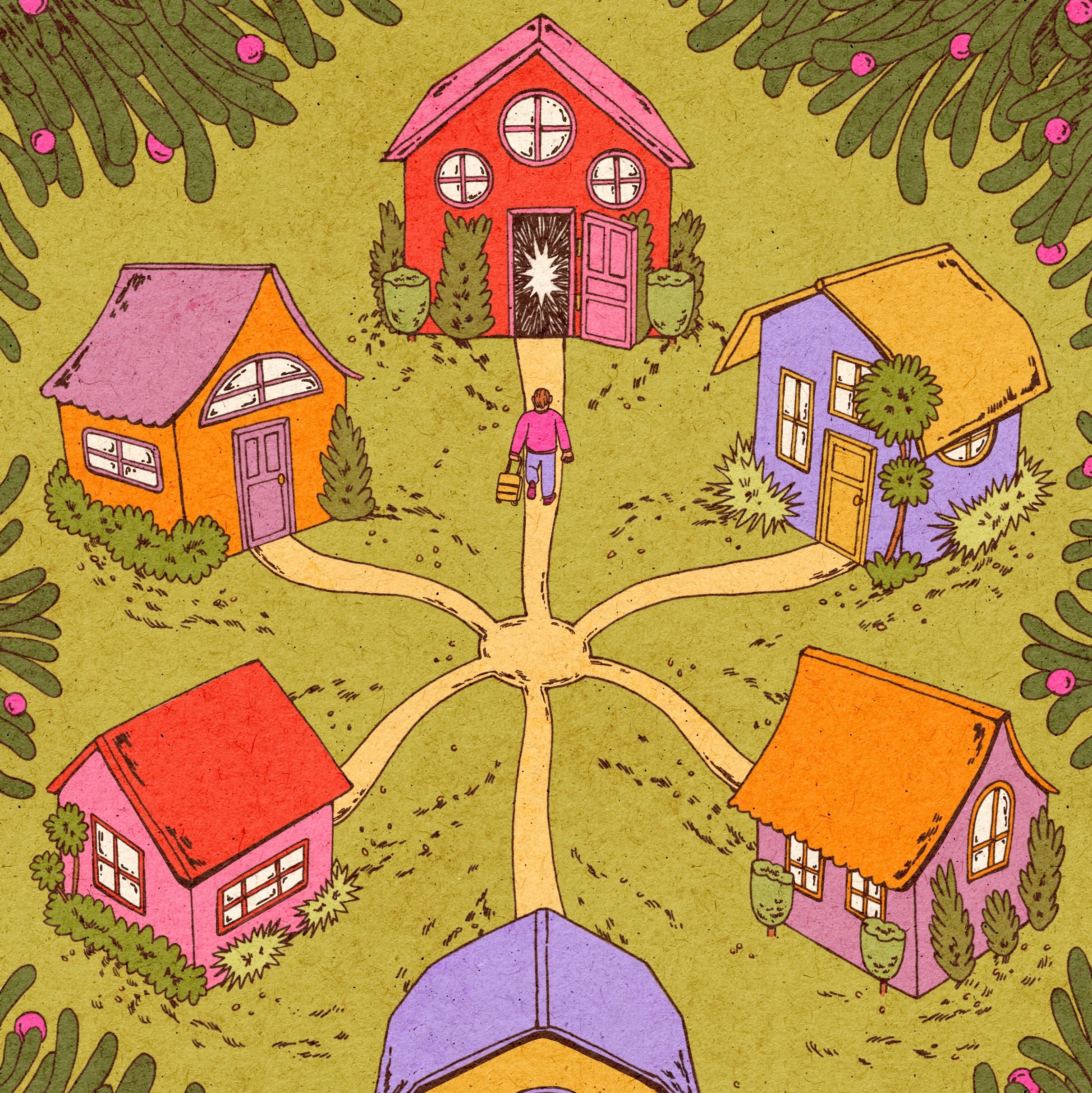Bridges to Change Offers a Pathway to Recovery

Image: Kaitlin Brito
After about 10 years in and out of the criminal justice system, including 25 arrest cycles, Monta Knudson was connected in 2005 with a peer recovery mentor and safe and sober housing. The arrest cycles finally ended, and three years later Knudson became a peer mentor himself with Bridges to Change. Today, he’s its executive director, but just one example of that kind of transition a peer mentor can help enable.
“They’re getting connected with a person with lived experience that’s helping them find the resources and support they need to kind of line out a plan for them.” says Knudson.
What started in 2004 in Clackamas County as an organization primarily focused on prison reentry has grown to help people coming out of homelessness, too, and expanded services to Multnomah, Washington, Wasco, and Marion Counties, says Katelyn Bessette, development director for Bridges to Change.
The nonprofit’s peer mentorship program is at its core. “A [peer mentor] is someone who has lived experience with what that person is going through, so that they can help them through the process of becoming a part of our community again,” Bessette says. A mentor might help someone get an ID, find a food box or get food stamps, or navigate employment as somebody with a criminal history. They might even drive clients to recovery meetings and health care appointments.
Peer mentors are also integrated in the organization’s community-based housing, which includes partnerships with culturally specific organizations. “We have a fair amount of people who will complete our programs and transition into being a house manager, meaning they live at the homes with the folks who are residents there,” Bessette says. BTC offers a range of temporary and permanent housing options, managing more than 500 beds across five counties. The organization also tries to keep rents low and affordable to ensure access.
In a testimonial from December 2020 on BTC’s Instagram page, Linna, a renter at one of the organization’s permanent homes, described the house as more than just a place to live. “I have congestive heart failure. The stability of [this house] saved my life,” Linna wrote.
In addition to peer mentors and housing, Bridges to Change also offers outpatient mental health and addiction treatment, as well as offshoot programs like Club Hope, its recovery drop-in center in Gresham, and a tricounty mobile outreach team. “They go directly to where people are at,” Bessette says. “They give them the resources that they need, whether that’s a mental health assessment or peer mentor services, or just basic supplies.” The Acute Care Team works out of a van and is equipped with supplies like tents, clothing, food, water, first aid, and Narcan.
In 2021, more than 1,700 individuals received peer mentorship support, and 518 engaged in mental health and addiction treatment. The organization also exited 850 clients into stable housing. Says Bessette: “The services that we provide really are wraparound services, where folks have the ability to actually make changes in their lives and make them be significant enough for them to sustain.”
Portland Monthly solicits nominations for the Light a Fire awards, our annual nonprofit honors, every summer and makes selections with the help of a panel of volunteer advisers from the local nonprofit community.













